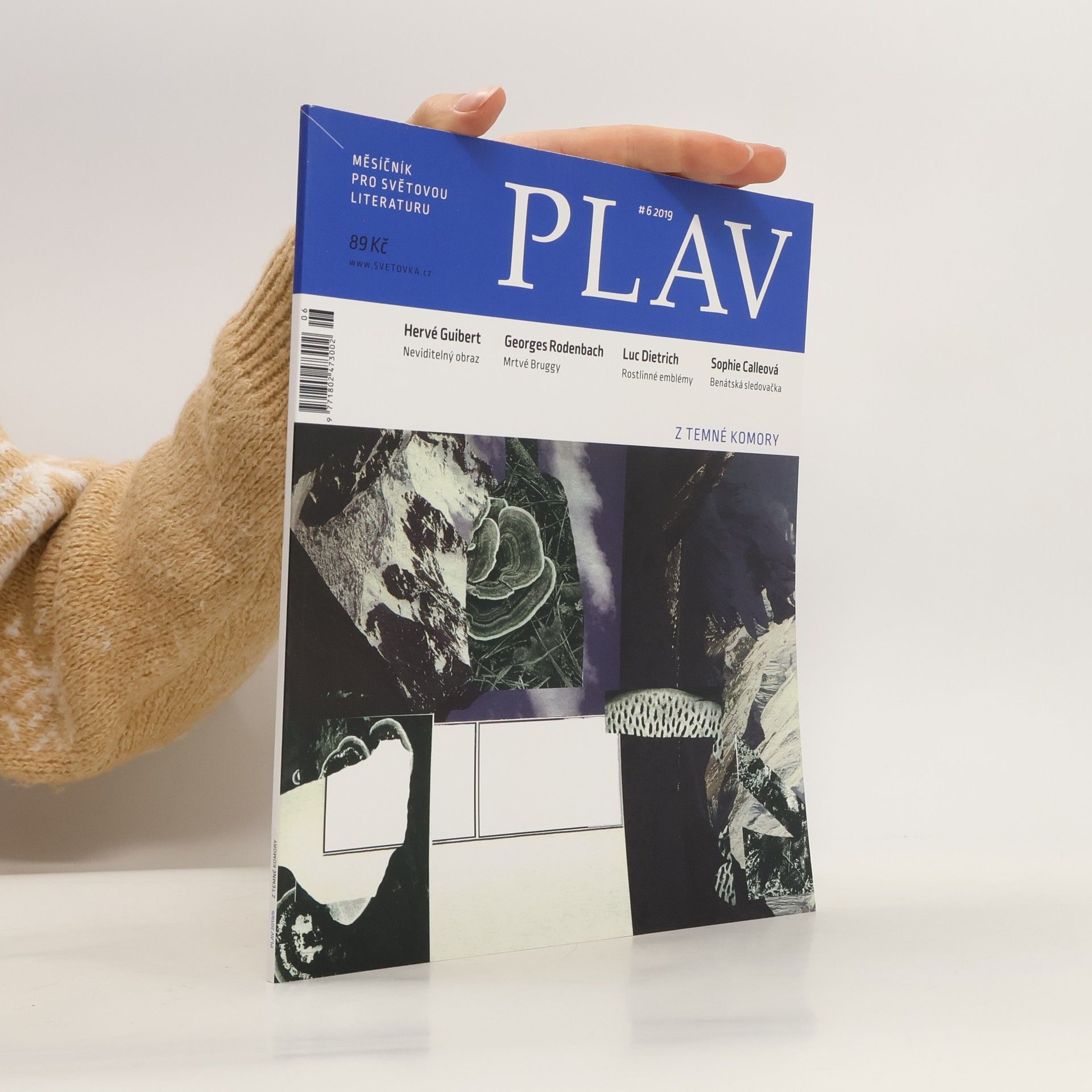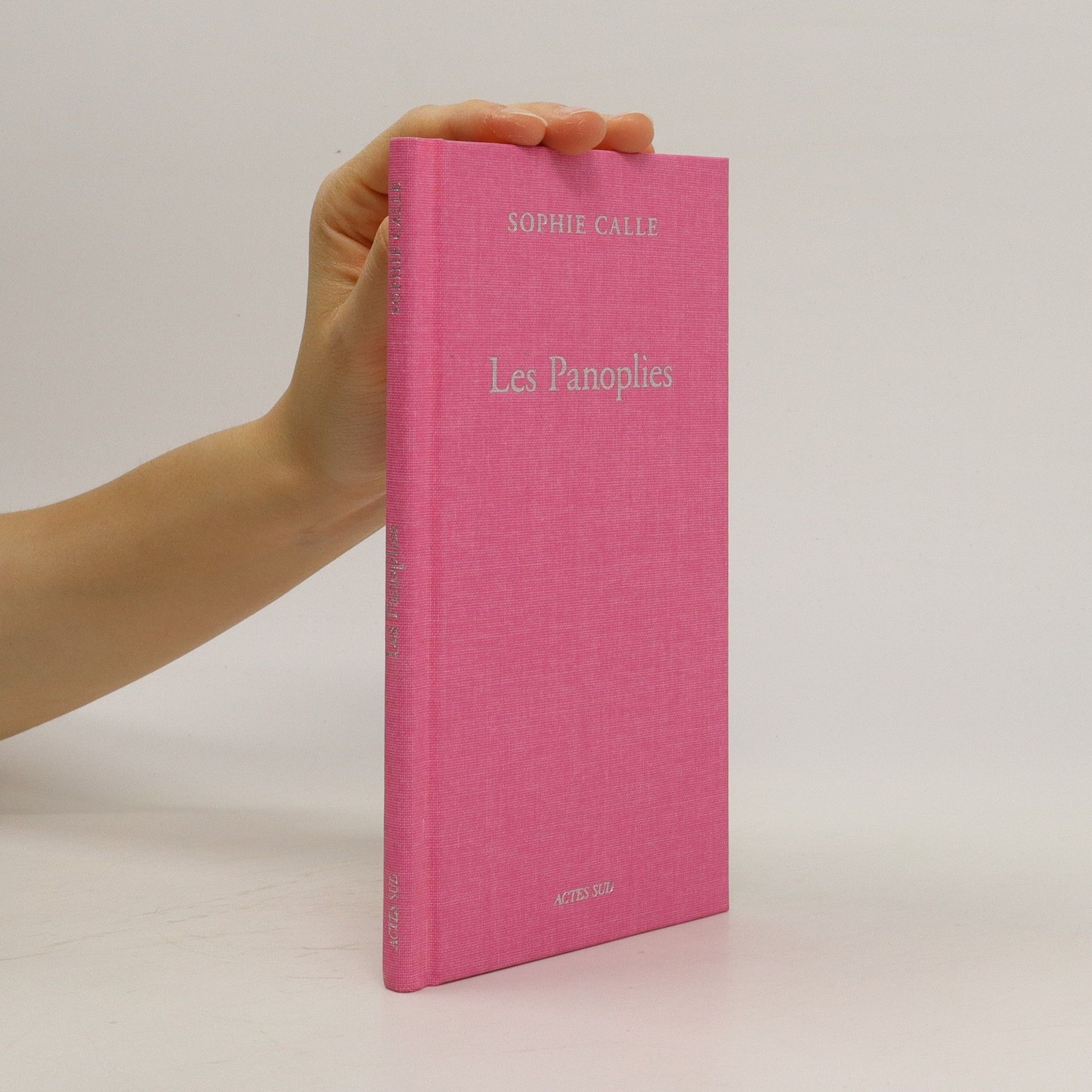True Stories
- 111 páginas
- 4 horas de lectura
This expanded edition of Calle's 1994 classic features four new tales. First published in French in 1994, quickly acclaimed as a photobook classic and since republished and enhanced, 'True Stories' returns for the fifth time, gathering a series of short autobiographical texts and photos by acclaimed French artist Sophie Calle, this time with four new tales. Calle's projects have frequently drawn on episodes from her own life, but this book--part visual memoir, part meditation on the resonances of photographs and belongings--is as close as she has come to producing an autobiography, albeit one highly poetical and fragmentary, as is characteristic of her work. The tales--never longer than a page -- are by turns lighthearted, humorous, serious, dramatic or cruel. Each is accompanied by an image; each offers a fragment of life. The slim, portable volume is divided into sections: the first is composed of various reflections on objects such as a shoe, a postcard or "the breasts"; the second, "The Husband," of recollections of episodes from Calle's first marriage; and the third gathers a variety of autobiographical recollections. Calle herself is the author, narrator and protagonist of her stories and photography; her words are somber, chosen precisely and carefully. -- publisher's statement





